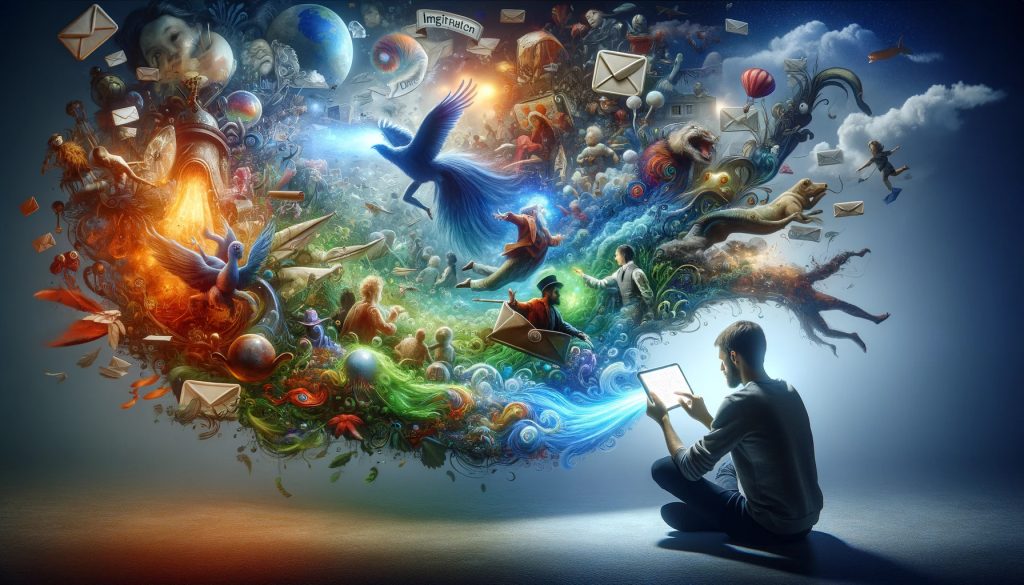The Role of Technology in Modern Society

Technology has permeated every aspect of our lives, revolutionizing how we communicate, work, learn, and interact with the world. From the rise of the internet to the advent of artificial intelligence, technological advancements have reshaped society in profound ways. This article explores the multifaceted role of technology in modern life, its transformative impact, the challenges it poses, and the future it promises.
1. The Communication Revolution
One of the most significant shifts brought about by technology is in communication. In the past, staying connected with loved ones often meant writing letters or making costly long-distance calls. Today, the internet has transformed communication into an instant, global phenomenon. Social media platforms like Facebook, Twitter, and Instagram allow users to share their lives, ideas, and news in real-time.
Impact:
Global Connectivity: Technology has bridged geographic distances, allowing people to maintain relationships with friends and family worldwide. This connectivity fosters a sense of belonging and community, even among those separated by vast distances.
Information Sharing: The rapid spread of information through social media can mobilize movements, raise awareness of social issues, and democratize knowledge. Events like the Arab Spring and movements for racial equality have been amplified through online platforms, highlighting the power of digital communication.
2. Workplace Transformation
The workplace has undergone a remarkable transformation due to technological advancements. Remote work, made feasible by tools like Zoom, Slack, and project management software, has become increasingly popular, especially in the wake of the COVID-19 pandemic. This shift has led to changes in work culture and employee expectations.
Impact:
Flexibility: Remote work has provided employees with greater flexibility, allowing them to balance personal and professional responsibilities more effectively. Many workers now enjoy the option to choose their work environment, leading to increased job satisfaction and productivity.
Automation and Efficiency: Automation tools have streamlined many tasks, reducing the burden of repetitive work. This shift allows employees to focus on higher-value tasks that require creativity and critical thinking, fostering innovation and growth.
3. Education and Learning
Technology has also revolutionized education, making it more accessible and engaging. The rise of online learning platforms such as Coursera, Khan Academy, and edX has opened doors to quality education for millions who might not have had access to traditional institutions.
Impact:
Accessibility: Students from diverse backgrounds can access a wealth of resources online, breaking down barriers related to geography, finances, and personal circumstances. This democratization of education fosters inclusivity and diversity in learning.
Personalized Learning: Adaptive learning technologies tailor educational experiences to individual student needs. This personalized approach can help identify areas of struggle and provide targeted support, enhancing learning outcomes.
4. Healthcare Innovations
Technology's impact on healthcare is perhaps one of its most critical contributions. Innovations in telemedicine, electronic health records, and wearable health devices have transformed how we access and manage our health.
Impact:
Remote Care: Telemedicine allows patients to consult healthcare providers from the comfort of their homes, significantly increasing access to care. This is particularly beneficial for individuals in rural areas or those with mobility challenges.
Data-Driven Decision Making: The integration of big data analytics into healthcare has led to improved diagnostic accuracy and treatment plans. By analyzing large datasets, healthcare professionals can identify trends and make informed decisions that enhance patient outcomes.
5. Entertainment and Leisure
The entertainment industry has also experienced a seismic shift due to technology. Streaming services like Netflix, Hulu, and Spotify have changed how we consume media, offering on-demand access to a vast array of content.
Impact:
Consumer Choice: The rise of streaming services has given consumers unprecedented control over their entertainment choices, allowing them to curate their viewing and listening experiences. This shift has disrupted traditional media distribution models, compelling companies to innovate and adapt.
Cultural Exchange: Online platforms facilitate cultural exchange, enabling users to explore and enjoy content from around the world. This exposure fosters greater understanding and appreciation of diverse cultures, promoting global interconnectedness.
6. Challenges and Ethical Considerations
Despite its many benefits, the rapid advancement of technology presents challenges that society must address. Issues like data privacy, cybersecurity, and the digital divide are increasingly prominent.
Challenges:
Data Privacy: With the collection of vast amounts of personal data by companies and governments, safeguarding privacy has become critical. High-profile data breaches have highlighted vulnerabilities in data protection, prompting calls for stronger regulations and ethical standards.
Cybersecurity Threats: As technology evolves, so do the tactics of cybercriminals. Organizations must invest in robust cybersecurity measures to protect sensitive information and ensure the safety of their operations.
Digital Divide: While technology has the potential to enhance access to information and resources, not everyone benefits equally. The digital divide—the gap between those who have access to technology and those who do not—poses a significant challenge. Addressing this divide is essential to ensuring equitable access to opportunities in education, employment, and healthcare.
7. The Future of Technology
Looking ahead, the future of technology promises even more profound changes. Emerging fields such as artificial intelligence, quantum computing, and biotechnology are set to reshape industries and society as a whole.
Potential Developments:
Artificial Intelligence: AI has the potential to revolutionize various sectors, from healthcare to finance. As AI systems become more advanced, they can assist in complex decision-making processes, enhance efficiency, and drive innovation.
Sustainable Technologies: With growing concerns about climate change and environmental degradation, there is an increasing focus on developing sustainable technologies. Innovations in renewable energy, electric vehicles, and smart cities can contribute to a more sustainable future.
Conclusion
Technology has fundamentally transformed modern society, influencing communication, work, education, healthcare, entertainment, and more. While it presents numerous benefits, it also poses significant challenges that require careful consideration. As we navigate this rapidly evolving landscape, it is crucial to strike a balance between embracing innovation and addressing the ethical, social, and economic implications of technological advancements. By doing so, we can harness the full potential of technology to create a more equitable, sustainable, and connected world.
Note: IndiBlogHub features both user-submitted and editorial content. We do not verify third-party contributions. Read our Disclaimer and Privacy Policyfor details.






